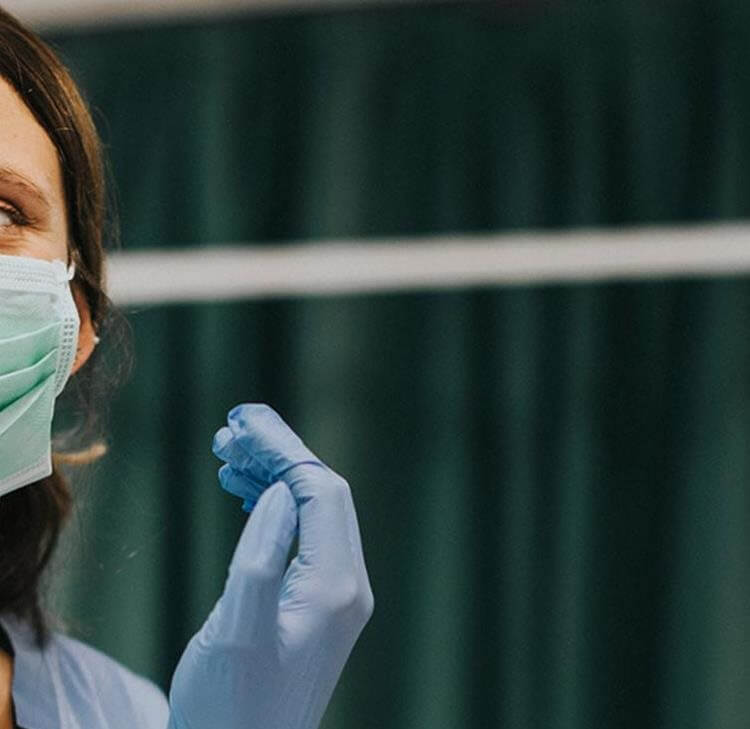Our team of expert healthcare lawyers specialise in advising clinicians, NHS hospitals, independent healthcare providers and local authorities on critical issues surrounding consent to treatment and treatment disputes, delayed discharge from hospital and safeguarding matters.
We understand the complexities and sensitivities involved when essential treatment is refused, or when there is a dispute over what treatment should be provided to both adults and children. We also understand the challenges that can arise when a patient has received all required treatment but refuses to leave hospital, or when there is a significant delay in their care being transferred. Such situations can often result in safeguarding concerns, and the need to take protective measures to safeguard the patient from harm.
In these difficult and often sensitive situations, we can offer guidance that is not only legally sound but also empathetic and understanding of the emotional challenges faced by our clients.
Medical treatment services
Consent lies at the heart of medical treatment, upholding the fundamental ethical principle of patient autonomy and ensuring individuals have the right to make informed decisions about their healthcare.
However, situations may arise where a patient declines consent for critical or even life-saving treatment, either on behalf of themselves or their child. Challenges can also emerge when a young person withholds consent for necessary procedures, or when an individual lacks the capacity to consent and there is conflict between healthcare professionals and family members as to what treatment is in the patient's best interests.
Our expertise as healthcare law specialists equips us to adeptly navigate these difficult and sensitive scenarios. We offer calm, reassuring, and expert advice and support precisely when you need it most, ensuring clarity and resolution in even the most complex consent-related matters.

At times, it will be imperative to seek authorisation from the High Court or the Court of Protection – for either administering essential treatment to a patient, or discontinuing treatment that is no longer in a patient’s best interests. Our healthcare lawyers and in-house barristers are equipped with the expertise and experience to guide you through every step of this crucial legal process.
We are acutely aware that disputes and challenges can emerge unexpectedly, often requiring resolution outside conventional working hours. We therefore offer a dedicated 24-hour helpline for our clients, ensuring you have access to prompt and reliable legal advice during emergencies. This service is particularly invaluable for facilitating urgent court applications when they are most needed, providing expert support around the clock.

We assist healthcare providers with cases involving patients who refuse to leave hospital after receiving necessary treatment and being deemed fit for discharge.
Our proactive approach encourages constructive discussions between the provider and the patient, often leading to amicable resolutions that avoid prolonged legal disputes.
However, when formal legal action is required, we help providers navigate these sensitive situations to ensure that patients are appropriately discharged, in turn enabling hospitals to maintain functional and efficient care environments.

Our lawyers are highly experienced in advising and assisting on safeguarding matters for both local authorities and healthcare providers.
We provide comprehensive guidance on a wide range of safeguarding issues, including those involving vulnerable adults and children, ensuring that our clients are equipped to handle these critical situations effectively and sensitively.
Whether safeguarding concerns arise during out-of-hours emergencies or in complex, ongoing cases, our team is dedicated to delivering prompt and effective legal solutions to protect the best interests of those involved.

Our expertise in healthcare law enables us to assist healthcare providers in drafting or reviewing policies and procedures relating to consent to treatment. Understanding the intricate balance between legal requirements and the practicalities of healthcare delivery, our team offers tailored advice to ensure that your consent processes are not only compliant with current laws and regulations but also clear, comprehensive, and patient-centred. We focus on creating policies that facilitate informed decision-making, respect patient autonomy, and minimise legal risks for healthcare providers.

We regularly host online mental capacity and mental health forums, specifically designed for professionals in the health and social care sectors. These informative sessions are hosted on MS Teams and are free to attend.
Our specialist lawyers provide summaries of recent key cases, along with valuable insights for your practice. The cases and topics frequently discussed encompass capacity to consent to treatment and issues around the provision and withdrawal of treatment, both in relation to adults and children.

Browne Jacobson runs a regular Shared Insights forum, which is designed for those working within NHS organisations, local authorities, independent health and social care providers and those specialising in mental health. Each session is an hour long, delivered via Microsoft Teams and focusses on a pressing issue or sector challenge. The forum is chaired by a Browne Jacobson lawyer and features a panel of guest speakers.
To find out more about Shared Insights and to join a future session, please visit our Shared Insights hub.

Consent lies at the heart of medical treatment, upholding the fundamental ethical principle of patient autonomy and ensuring individuals have the right to make informed decisions about their healthcare.
However, situations may arise where a patient declines consent for critical or even life-saving treatment, either on behalf of themselves or their child. Challenges can also emerge when a young person withholds consent for necessary procedures, or when an individual lacks the capacity to consent and there is conflict between healthcare professionals and family members as to what treatment is in the patient's best interests.
Our expertise as healthcare law specialists equips us to adeptly navigate these difficult and sensitive scenarios. We offer calm, reassuring, and expert advice and support precisely when you need it most, ensuring clarity and resolution in even the most complex consent-related matters.

At times, it will be imperative to seek authorisation from the High Court or the Court of Protection – for either administering essential treatment to a patient, or discontinuing treatment that is no longer in a patient’s best interests. Our healthcare lawyers and in-house barristers are equipped with the expertise and experience to guide you through every step of this crucial legal process.
We are acutely aware that disputes and challenges can emerge unexpectedly, often requiring resolution outside conventional working hours. We therefore offer a dedicated 24-hour helpline for our clients, ensuring you have access to prompt and reliable legal advice during emergencies. This service is particularly invaluable for facilitating urgent court applications when they are most needed, providing expert support around the clock.

We assist healthcare providers with cases involving patients who refuse to leave hospital after receiving necessary treatment and being deemed fit for discharge.
Our proactive approach encourages constructive discussions between the provider and the patient, often leading to amicable resolutions that avoid prolonged legal disputes.
However, when formal legal action is required, we help providers navigate these sensitive situations to ensure that patients are appropriately discharged, in turn enabling hospitals to maintain functional and efficient care environments.

Our lawyers are highly experienced in advising and assisting on safeguarding matters for both local authorities and healthcare providers.
We provide comprehensive guidance on a wide range of safeguarding issues, including those involving vulnerable adults and children, ensuring that our clients are equipped to handle these critical situations effectively and sensitively.
Whether safeguarding concerns arise during out-of-hours emergencies or in complex, ongoing cases, our team is dedicated to delivering prompt and effective legal solutions to protect the best interests of those involved.

Our expertise in healthcare law enables us to assist healthcare providers in drafting or reviewing policies and procedures relating to consent to treatment. Understanding the intricate balance between legal requirements and the practicalities of healthcare delivery, our team offers tailored advice to ensure that your consent processes are not only compliant with current laws and regulations but also clear, comprehensive, and patient-centred. We focus on creating policies that facilitate informed decision-making, respect patient autonomy, and minimise legal risks for healthcare providers.

We regularly host online mental capacity and mental health forums, specifically designed for professionals in the health and social care sectors. These informative sessions are hosted on MS Teams and are free to attend.
Our specialist lawyers provide summaries of recent key cases, along with valuable insights for your practice. The cases and topics frequently discussed encompass capacity to consent to treatment and issues around the provision and withdrawal of treatment, both in relation to adults and children.

Browne Jacobson runs a regular Shared Insights forum, which is designed for those working within NHS organisations, local authorities, independent health and social care providers and those specialising in mental health. Each session is an hour long, delivered via Microsoft Teams and focusses on a pressing issue or sector challenge. The forum is chaired by a Browne Jacobson lawyer and features a panel of guest speakers.
To find out more about Shared Insights and to join a future session, please visit our Shared Insights hub.

Featured experience
Removal of service user without agreement
We represented a healthcare provider and commissioner in relation to an individual with severe mental health issues. His family removed him from his supported living placement without prior agreement and refused to disclose his location, raising significant safety concerns. Upon his return several months later, we helped our clients to secure injunctive orders to prevent the family from contacting the individual and to avoid similar incidents in the future.
Court application for lifesaving treatment for child with leukaemia
We represented an NHS Trust in relation to a child with leukaemia who needed lifesaving treatment. The child’s mother was reluctant to consent to chemotherapy and other standard treatments. We assisted the Trust in making a successful application to the High Court, obtaining an order that the hospital’s proposed treatment for leukaemia was in the child’s best interests, and requiring the mother to cooperate with clinicians in the future.
Patients refusing to leave hospital
We represented an NHS Trust in protracted Court of Protection proceedings concerning a patient with mental health issues who refused to leave his acute hospital bed. He presented with ongoing violence and foul behaviour towards staff, patients and visitors. We diligently collaborated with the Trust and other relevant agencies to identify an appropriate community provider and facilitate the patient’s transfer to that placement, with the court’s approval.
In a separate matter, we provided legal representation for an NHS Trust seeking to discharge a patient who had been medically fit for over a year but who refused to leave the hospital. After an initial court hearing, we facilitated discussions between the Trust and the patient, culminating in an agreement that enabled the patient to vacate the premises without further legal proceedings.
Out-of-hours application to suspend a health and welfare Lasting Power of Attorney
We represented an NHS Trust in a case involving an elderly, dementia patient with type 1 diabetes who lacked capacity to make decisions regarding insulin administration and diabetes management. His family held a health and welfare Lasting Power of Attorney (LPA). Although the patient's risk of dying was elevated, death was not imminent.
There was a disagreement about the patient's best interests: clinicians recommended continuing a maintenance dose of insulin, while the family preferred to stop treatment, believing it would allow the patient to die with dignity as he was resisting the treatment.
Given the urgency of the situation, we successfully assisted the Trust in making an urgent, out-of-hours application to temporarily suspend the LPA, thereby enabling the continuation of treatment.
Testimonials
"Browne Jacobson is one of the leading firms in this area in terms of medical treatment. They are excellent lawyers with brilliant knowledge of the law."
Key contacts
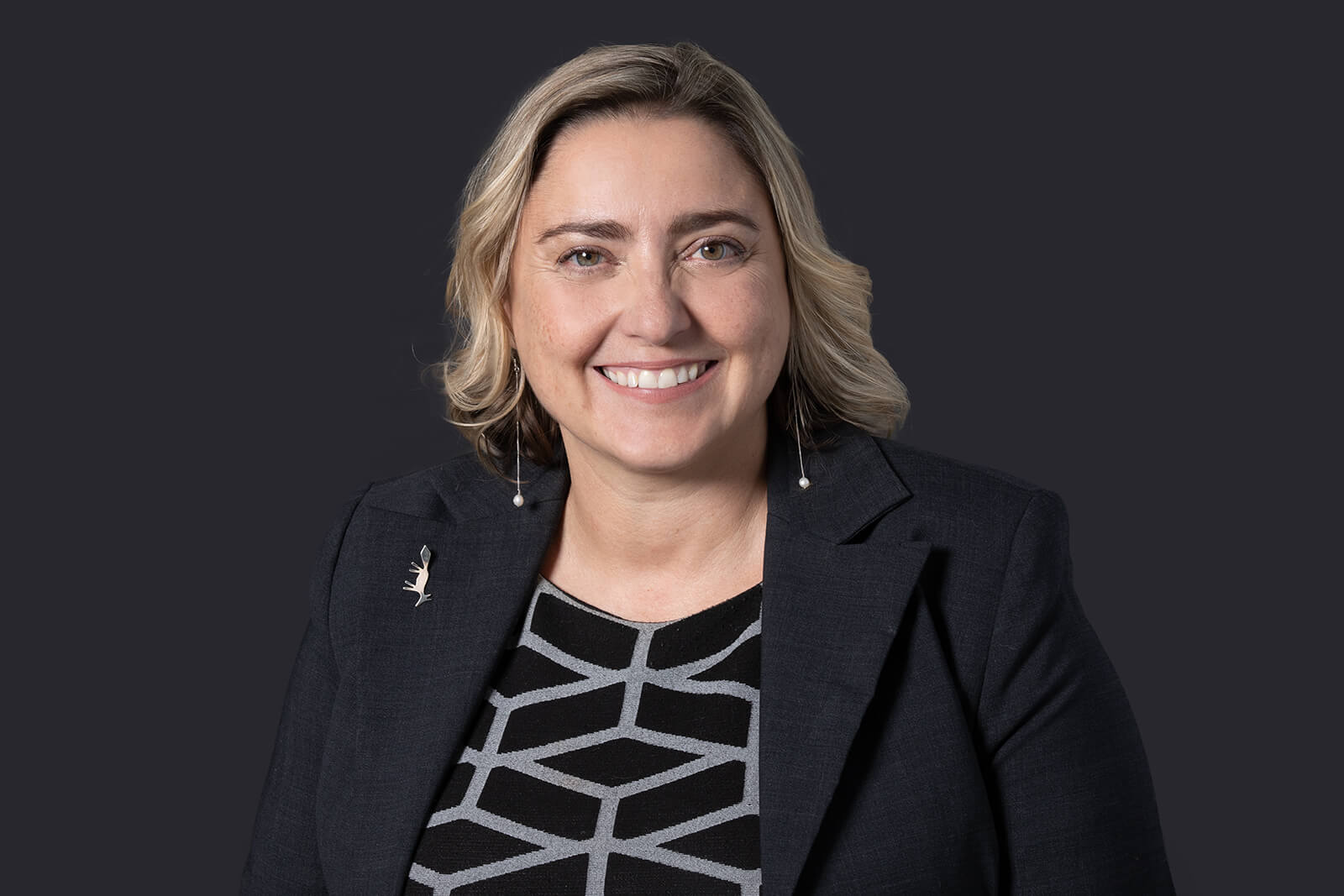
Rebecca Fitzpatrick
Partner

Mark Barnett
Partner

Victoria Colclough
Partner

Ed Pollard
Partner

Julia Catherall
Principal Associate










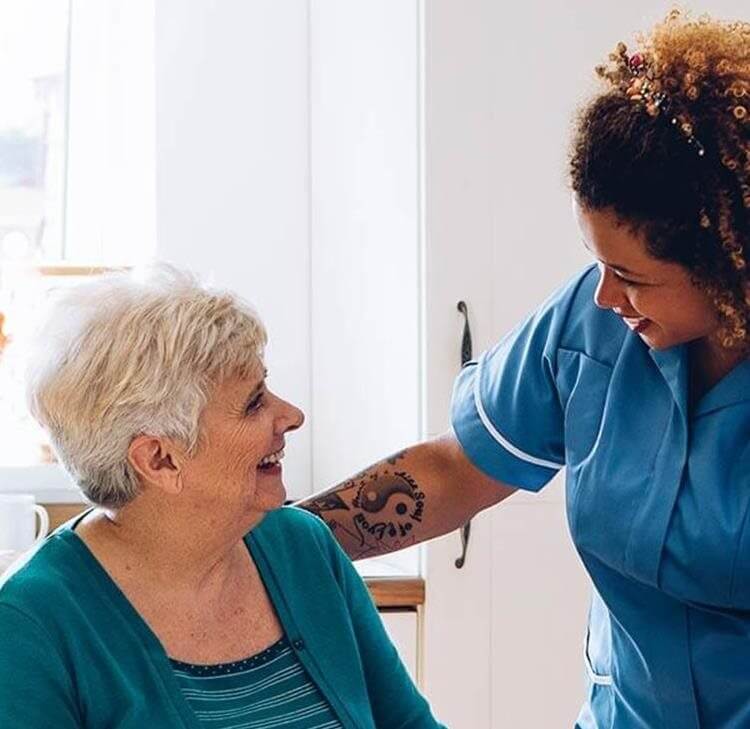



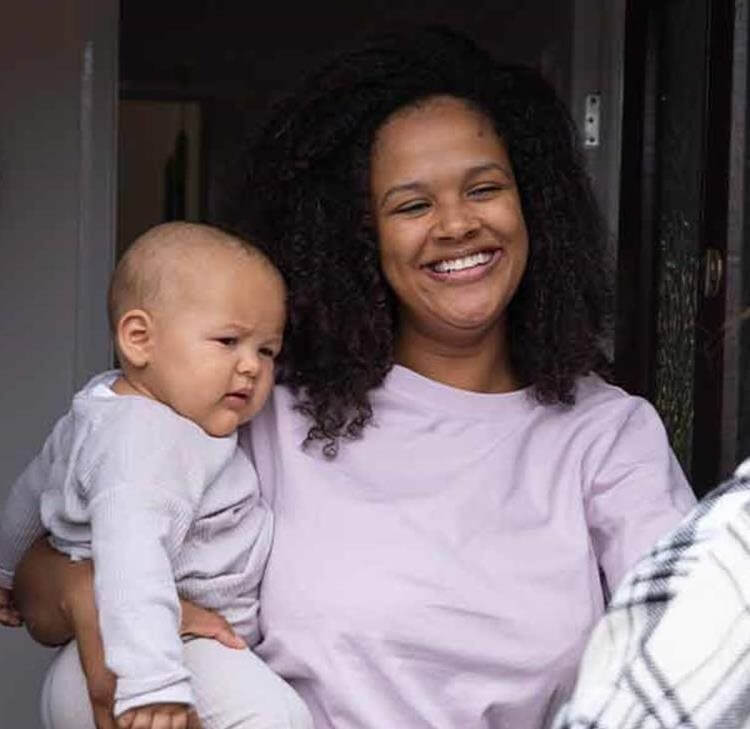
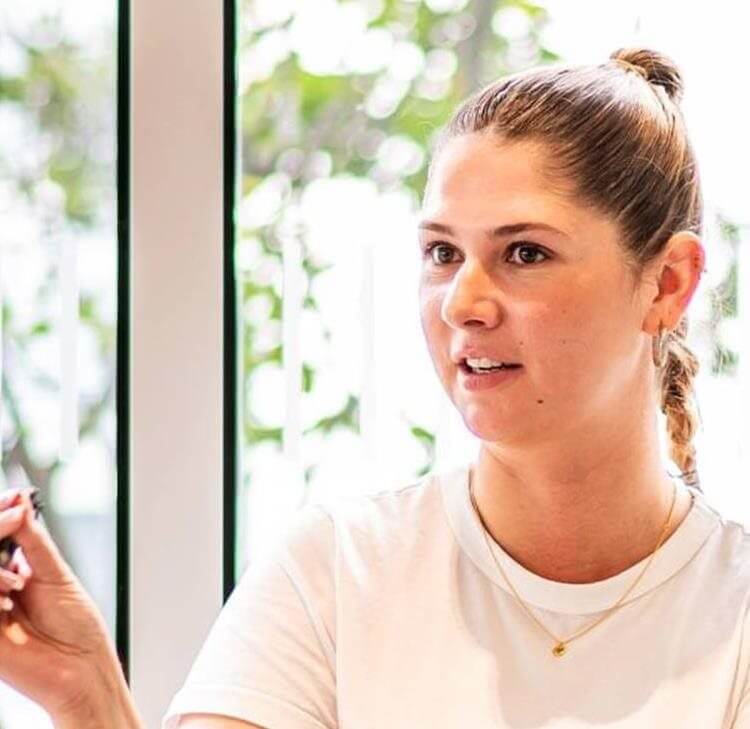

![Contractual liability for all inclusive treatment: Bartolomucci v Circle Health Group Limited [2025]](/getattachment/95f9533b-f99c-4fcc-b8d5-3f93904b8242/shutterstock_1265400856.jpg?variant=HeroImageTabletVariantDefinition)














